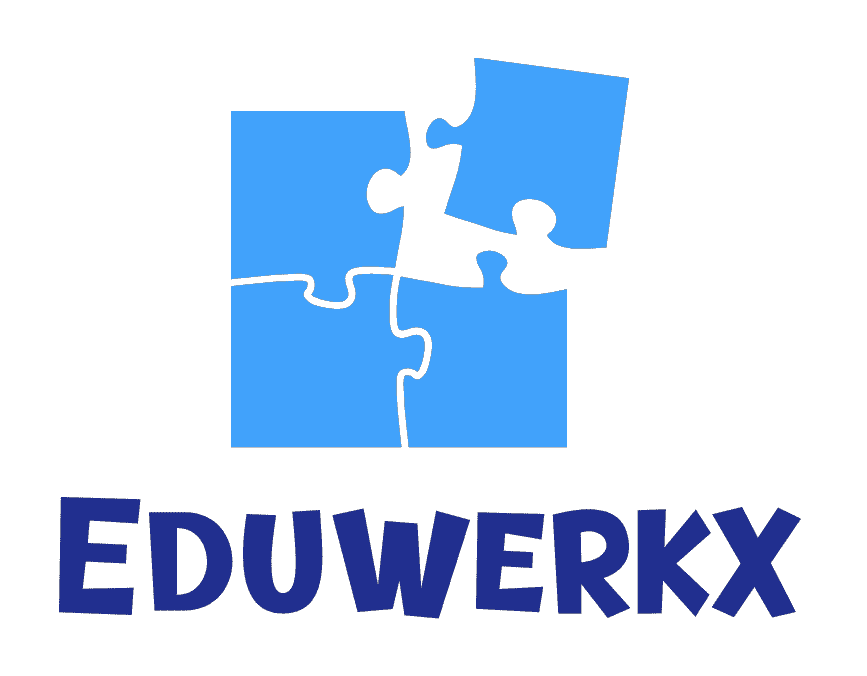In a mature economy, where external support is stable and expectations are predictable, children often find themselves in a developmental “comfort zone”. This zone, while offering stability and security, can inadvertently hinder the natural development of internal motivation and personal accountability. Children also have limited opportunities to develop the psychological skills needed for self-sufficiency, and thus can remain trapped in the dependency phase for prolonged periods. They grow up expecting their family, the government, and others to play a more active role in improving their circumstances, in contrast to their peers in poorer countries.
This is a common problem faced in mature societies, where children who have experienced comfortable and stable lives often use the ease of their upbringing as a benchmark for handling challenges. They grow up to become workers who reject the societal standards of hard work, settling for doing only the bare minimum when they cannot find jobs that align with their standards, all while expecting to earn a lifestyle that surpasses that of previous generations. This creates an unmotivated workforce who prioritizes personal comfort and benefits over collective success, leaving them without direction or a sense of purpose.
The Conventional Stages
Stages 4, 5 and 6 of the ego development framework fall within the conventional stage, where children begin to understand social dynamics and internalize societal rules and norms. Children in these stages move away from self-centered thinking and develop a growing desire to be seen as “good” members or contributors to society. Their cognitive and social-emotional development have progressed to a level where they can now understand the importance of cooperation and mutual respect for maintaining a well-functioning society.
You can often identify people in the conventional stages through conversations, as their ideas, suggestions and comments tend to align closely with mainstream beliefs and values. However, they often struggle with deep thinking and find it challenging to look beyond the surface to develop their own original insights. Their thinking is generally linear, often sticking to familiar perspectives that do not extend beyond what is widely accepted. Individuals at these stages are primarily motivated by extrinsic goals and the desire to belong.
Stage 4: Conformist – Socialized Ego
Conformity is deeply rooted in our evolutionary psychology, and these instincts appear in the Conformist, who has internalized this survival strategy to the point where fulfilling obligation feels more comfortable than individual expression. In prehistoric times, being rejected from the group could mean death, so conforming was literally a matter of survival. By performing assigned roles without questioning them, it creates a predictable social environment. This helps prevent infighting, creates security and stability, and ensures that everything operates as intended, significantly increasing the likelihood of the group’s survival.
These same values define the Conformist, which is why they actively commit to their assigned roles without question. However, their strong attachment to traditional values, whether in marriage or other responsibilities, often makes them hesitant to embrace change and unconventional thinking. At the developmental level, the shift from Stage 3 to Conformist in ego development is a crucial period marked by significant brain growth. Firstly, there is a stronger connection between the limbic system and prefrontal cortex, which enables children to better self-regulate and have improved self-control.
The development of the temporal parietal junction and other regions of the brain allow children to better understand and consider how their emotions are affected by moral decisions. They develop the ability to think about how different choices might make them or others feel emotionally, and this helps them make more thoughtful and empathetic decisions. The Conformist also develops a more complex understanding of morality and social justice.
Rules are now seen as legitimate and necessary for social order, rather than to be manipulated. Interested in exploring the next stage of ego development, the Expert? Like and follow for more.
